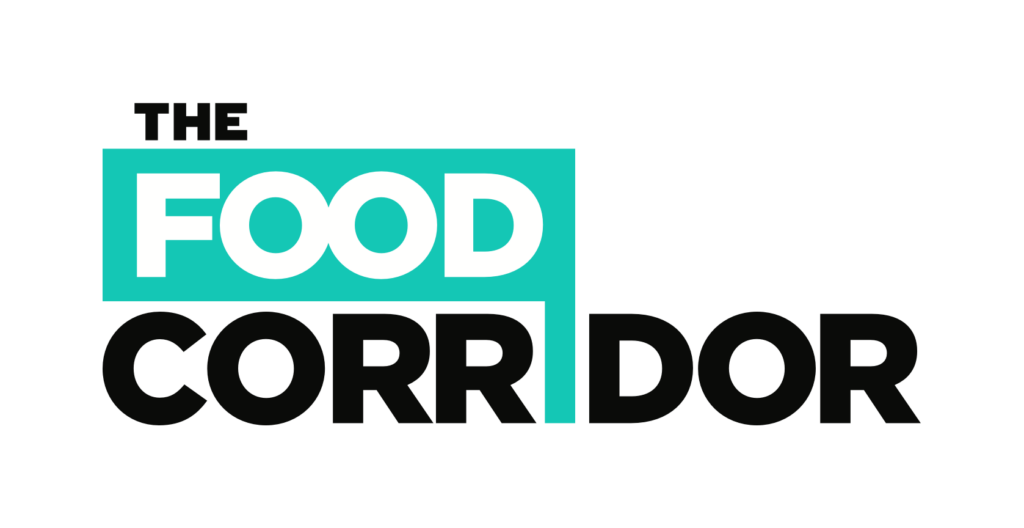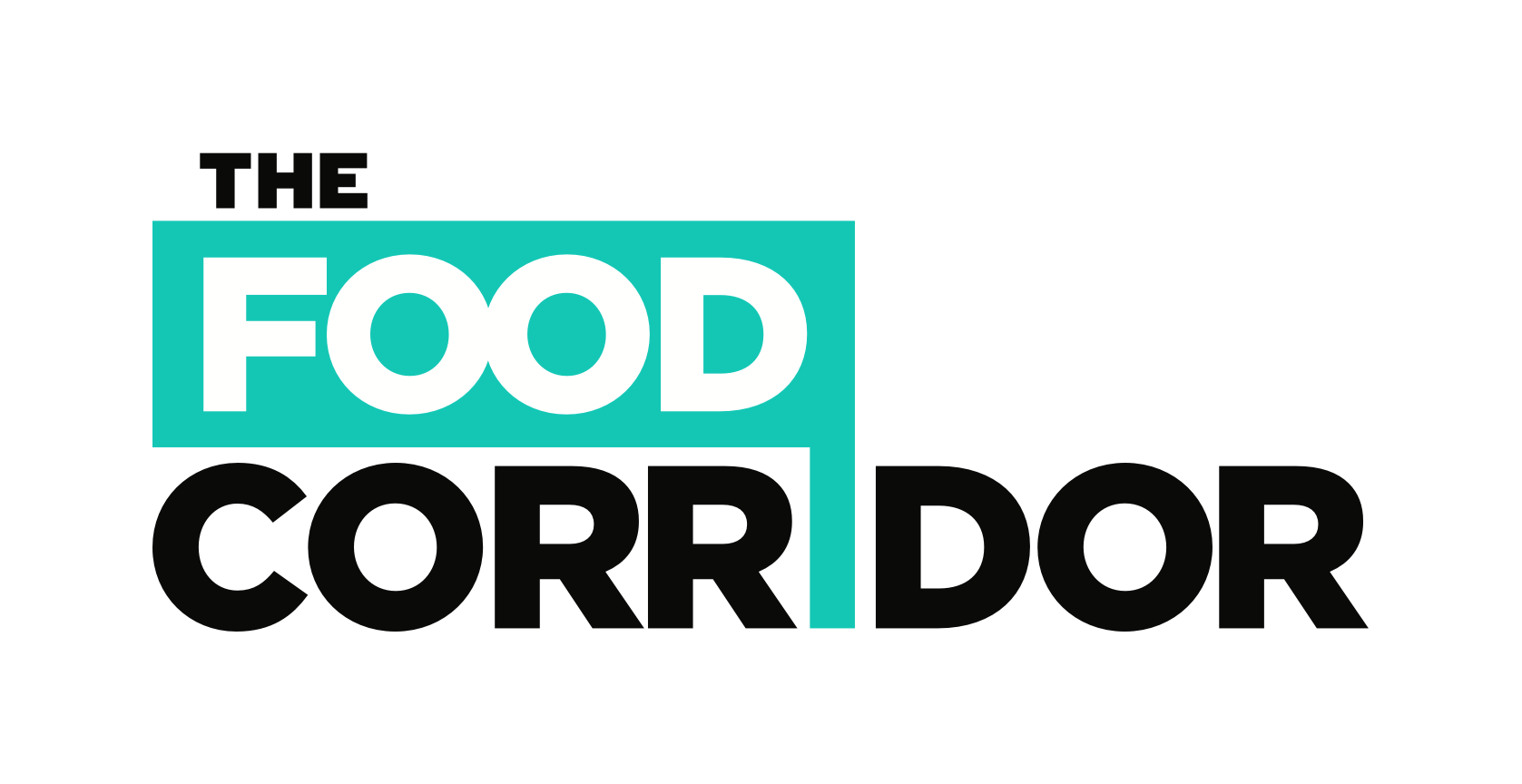Recently, we polled the NICK, asking kitchen administrators whether they owned or rented their kitchen real estate. Twice as many rented as owned. This makes sense. Outfitting kitchen space can cost up to $500,000 and that’s just for the necessary equipment and interior materials. Throw a monthly mortgage payment in there and startup costs may become prohibitive.
Renting has another primary benefit: flexibility. If you need to move because you’ve outgrown the space or any other reason, renting will make it easier (not easy, though!). Food businesses are looking for equipment and clean space at an affordable rate, however another key factor for food businesses is location. If demand shifts geographically, you can move your kitchen. Small food businesses are strapped for time trying to do it all, so time spent driving to and from a kitchen is time not spent building their business.
But should you rent or own? (Here’s another article that covers this topic from a more general viewpoint.)
Owning has its upsides too. When you rent, you are at the mercy of your landlord. This includes paying for the kitchen buildout, though that can be negotiated depending on demand. While you should keep a lookout for a fully finished commercial kitchen to take over as your own shared-use kitchen, they are typically pretty rare. Even if you take over a failed restaurant, the layout of your interior space may not match your needs and you’ll need to renovate.
If commercial space becomes scarce, the rent may go up, or you may be forced out entirely (as has happened in Denver due to legal marijuana). When you leave, you will be able to take some of the equipment, but the interior finish obviously must stay.
Finally, if you own the real estate and can make the numbers work, you are building a long term asset. You’ll be able to leverage the equity in the real estate to help your kitchen, and your kitchen’s cash flow will pay down the mortgage.
Ultimately, the decision to rent or own space is unique to every kitchen. To best plan for financial success, consider the following during the business planning phase of your kitchen – potential for a consistent client base, local real estate trends, ability to expand capacity, and lease/mortgage terms. As always, we recommend consulting local specialists, such as those at your Small Business Development Center. For more on kitchen planning, stay tuned for our upcoming Shared Kitchen Toolkit.

